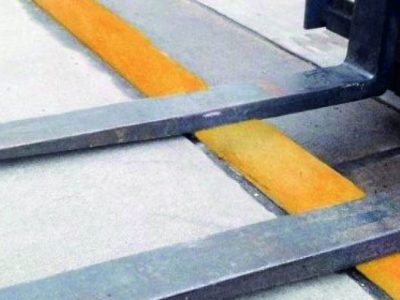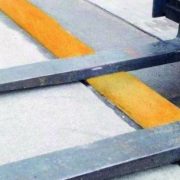Rolling mill equipment encompasses a wide array of machinery and tools utilized in steel mills to shape and transform metals into flat, round, or square forms. This equipment comprises various machines, notably rolling mills, that use rollers to pressure and mold metals into sheets, bars, or wire. Additionally, shears are employed to precisely cut metals into desired shapes and sizes, while furnaces subject metals to elevated temperatures for forging and shaping purposes.
According to an industry expert specializing in rolling mill machinery, supplementary equipment such as cooling beds, straighteners, and coilers prepares metals for subsequent processing or shipping. Using rolling mill equipment is indispensable in ensuring the efficient and effective production of top-quality steel products, which find applications in diverse industries, including construction, automotive, and manufacturing.
The Influence of Rolling Mill Equipment Quality on Final Product Excellence
The quality of rolling mill equipment plays a vital role in determining the quality of the final product. When the rolling mill equipment is of inferior quality, it can give rise to various defects in the end product, including cracks, uneven surfaces, and inconsistent thicknesses. Such defects can significantly compromise the product’s strength, durability, and overall quality, ultimately affecting its performance and suitability for its intended application.
Conversely, when utilizing high-quality rolling mill equipment, it can produce superior products characterized by consistent thickness, smooth surface finishes, and precise dimensions. This translates into products that exhibit enhanced strength, increased durability, and heightened reliability, surpassing industry standards and meeting or exceeding customer expectations.
Consequently, investing in top-notch rolling mill equipment becomes imperative for steel mills, as it ensures their ability to manufacture high-quality products that align with the demands of both customers and the industry. By prioritizing the acquisition of high-quality rolling mill equipment, steel mills can achieve superior product outcomes.

In-Depth Overview of Rolling Mill Gearboxes
Rolling mill gearboxes are designed to endure the substantial stress and loads generated during the rolling process, making them robust and substantial equipment. These gearboxes incorporate a combination of gears and bearings that have been engineered to function optimally, even in the harshest conditions. The reliability and durability of these gearboxes are of utmost importance, as any malfunction can lead to costly downtime and repairs.
Rolling mill gearboxes play a vital role in producing a diverse range of steel products in steel manufacturing. They are available in three primary types: single-stage, two-stage, and multi-stage, each offering distinct advantages. Single-stage gearboxes are commonly employed in smaller mills or for lighter loads, while multi-stage gearboxes are better suited for larger and heavier mills.
Selecting the appropriate gearbox is a critical decision that involves considering various factors, such as the size and capacity of the mill, the type of metal being rolled, and the desired final product. Gearboxes play an indispensable role in the steel industry by providing the necessary power and torque to shape and manufacture steel products. Their optimal performance ensures efficient production and contributes to the overall success of steel manufacturing processes.












Comments